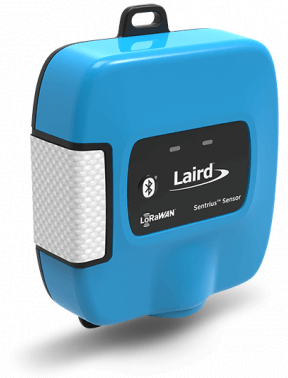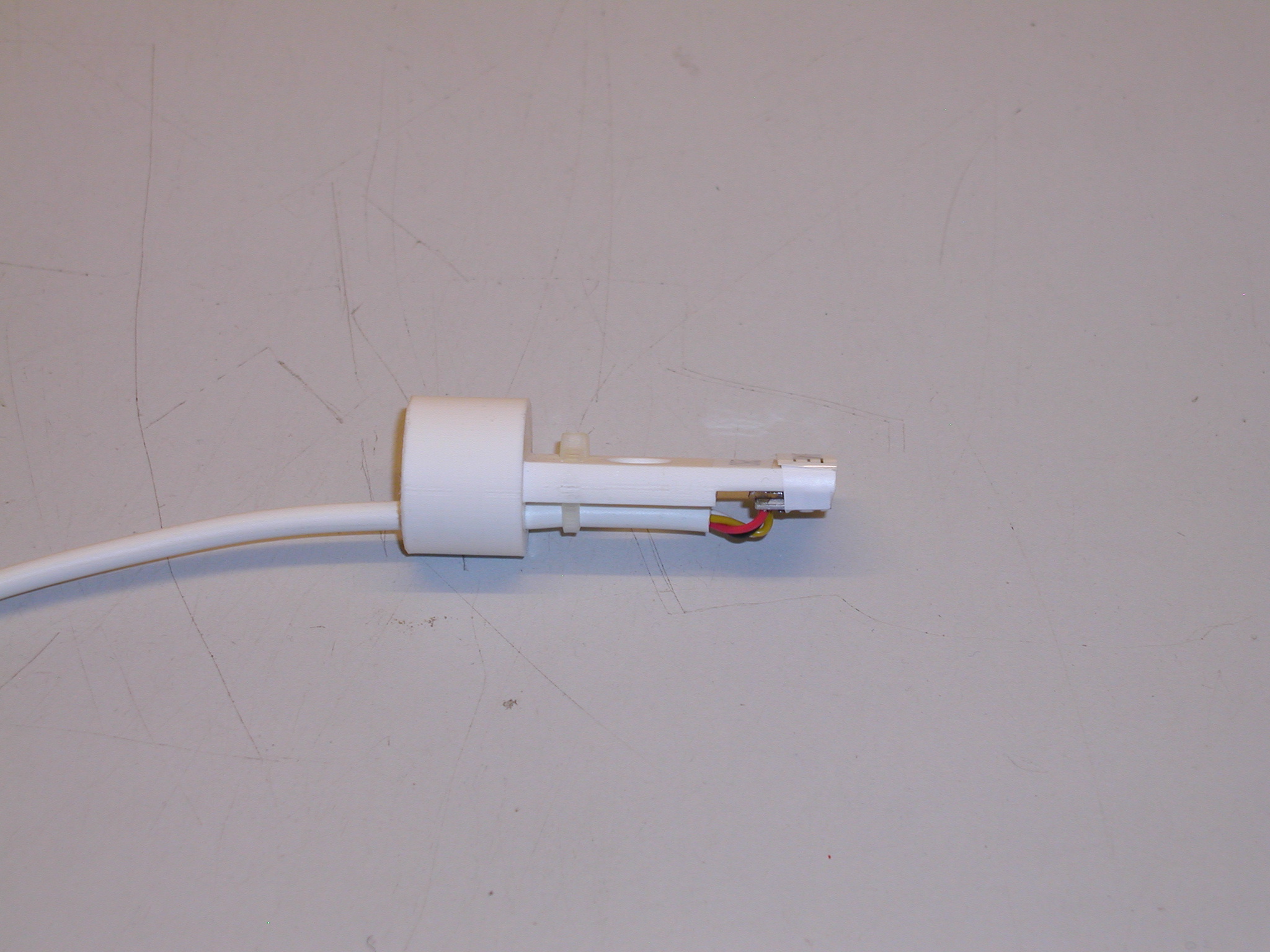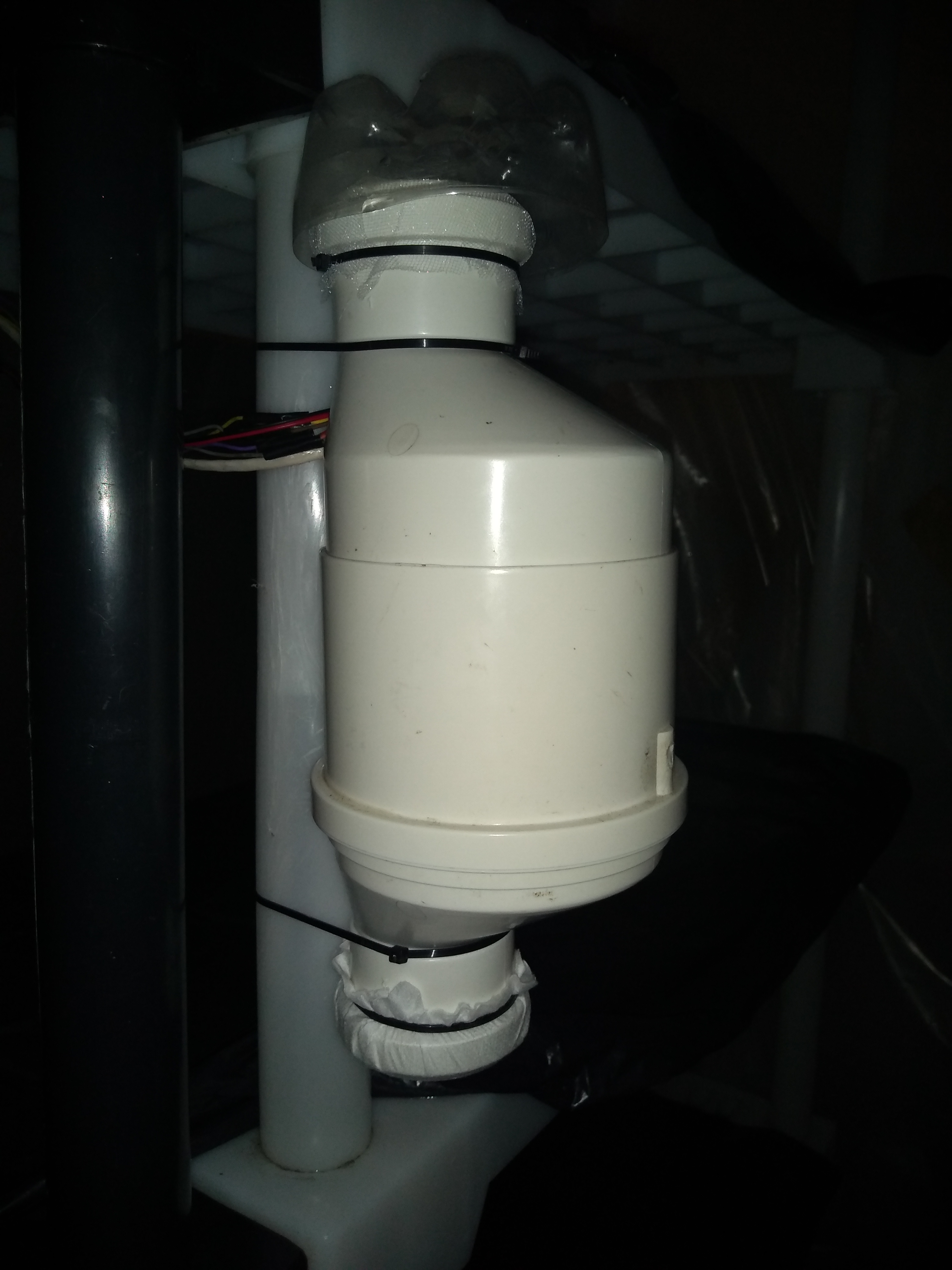@rharte Don’t use bosch go to Sensirion
There is probably not an easy solution and it may be easier to use a different sensor that is designed for use in wet/condensing environments.
One hint for possible cheap solution to protect BME280 sensor is a thread seal tape but not for professional use!
Do you know if the same is true for the Bosch BMP280 barometric pressure sensor?
According to some articles and my own experience (disclaimer: based on sensors bought via AliExpress): BME280 and BMP280 often report too high temperatures and appear not to be designed for absolute temperature accuracy.
That of course will not work. ![]()
The properties of protective PTFE membrane film used by sensor manufacturers will be very different from those of PTFE thread SEAL tape. Another problem will be to mount the tape water-tight to the microscopic small sensor, and after all it is PTFE to which hardly anything will stick.
Some equipment such as the e.g. RS186 from Laird, use a small piece of Gortex film to protect the sensor from full external environment (white patch on side protecting a SiLabs sensor underneath)

Like i’ve told you , I use SI7021, but u can consider and other sugestions from people that post answers here
@rharte the Ruuvi mentioned somewhere above here is using a BME280 sensor and has an IP67 case - however, it’s not a TTN node, data is transmitted via BLE.
I ordered one but did not get to test it extensively yet. What I can say so far is, it works well under indoor conditions. In any case, the housing has a whole that is protected by a Gore membrane. There’s no additional protection of the circuits.
The Laird device mentioned by Jeff is protecting the sensor in a similar way - but - does not expose the whole electronics to humidity, which is the better solution in my view. I have been testing the Laird for several month now. Temperature accuracy is good, to measure humidity under cold and humid weather conditions became a problem. Seems sooner or later you will have condensate on the sensor, does not matter which sensor it is. Laird support advised me to use the heating element of the Si7021 in order to mitigate this - which I did not have time to try yet.
At the moment it works for me.
@suendermarkus Yes, that membrane seems to be the best solution, although even that can’t prevent condensation on the sensor although on a small scale (as you also state). We build low-power/long battery life devices where using the heating element is not really an option either…
And what happens if you put the BME in an IP67 case? The barometric pressure might even-out through even the tiniest gap, but humidity surely doesn’t(?).
@suendermarkus red post before. A good solution will be tu built an housing with a fast cap from Sensirion.
Yep agree @rharte, will not make much sense to take measurements from a completely closed housing, the sensor has to be exposed.
Recently came across this one https://store.rakwireless.com/collections/boards-nodes/products/rak7205-lora-tracker-node and asked the company how the BME680 inside their sensor node gets “fresh air”. Their reply was: It doesn’t, measurements are internal only.
Sorry @MOS-FET didn’t get it - what is a “fast cap”?
Sensirion Humidity Sensors SF2 Filter Cap
@suendermarkus Hahaha, I guess the environment inside an IP67 box would be pretty stable, apart from the temperature… 
Well dk9uv, could you tell which soil moisture sensor you use? I thought that those sold commercially were not accurate enough for irrigation applications.
I use a sht75 with MHZ19b inside a high humidity tent (> 95%). Because of the condensation problems, I placed the sensors inside a structure with forced ventilation and “filter”, to prevent the entry of water droplets generated in the fogger.
MHZ works well.
But I don’t know how far I am adding an error in the readings of the bme280 because of the forced ventilation and the filter.

Hi Shrooman
for soil moisture measurement I use two different types of sensors, SMT50 for my garden, SMT100 for professional use. Both are fine for irrigation control.